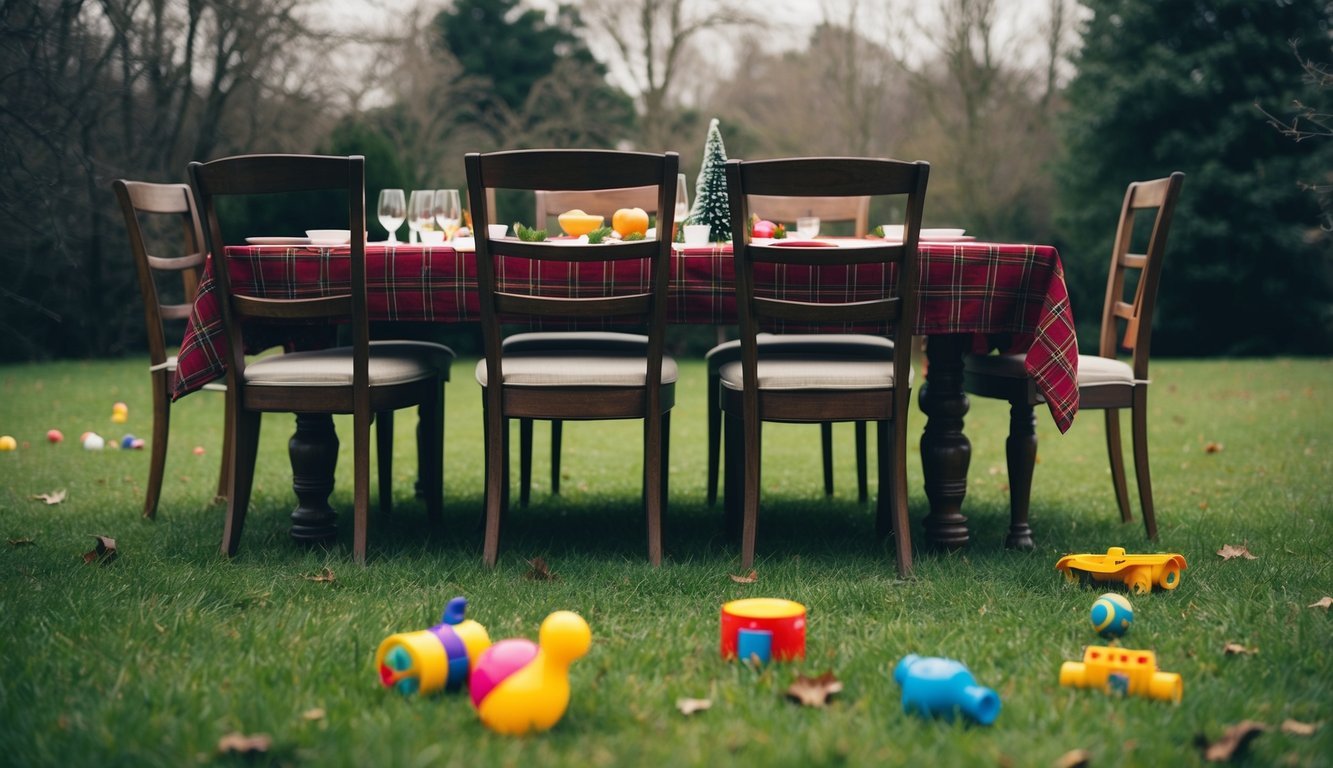PsychNewsDaily Publishers
100 Summit Drive
Burlington, MA, 01803
Telephone: (320) 349-2484
PsychNewsDaily Publishers
100 Summit Drive
Burlington, MA, 01803
Telephone: (320) 349-2484
Family dynamics can trigger childhood behaviors during reunions, influenced by attachment styles formed from early parental interactions and exacerbated by stress and temperament variations.


As a capable and independent adult, you may be surprised at how quickly childhood behaviors can resurface during family reunions over the holidays. Engaging in playful rivalries with siblings during board games or feeling somewhat moody in the presence of parents can momentarily transport you back to your younger self.
This phenomenon of reverting to childhood behavior in family settings raises questions about its causes and whether it is a common experience. To understand this, let’s delve into the psychological foundations of these enduring family dynamics and explore practical strategies for managing them during holiday gatherings.
Understanding family dynamics through the lens of attachment theory, a pivotal psychological framework developed in the early 20th century, reveals much about our emotional connections. This theory emphasizes that our early experiences, particularly with our parents or primary caregivers, significantly influence our interactions in adulthood, especially in familial and romantic contexts.
As adults, we carry a collection of beliefs, narratives, and expectations shaped by our early interactions, which can have both positive and negative effects. These experiences inform our behavior toward our parents and create what is known as our attachment style.
Research indicates that roughly 60% of people showcase a secure attachment style, marked by positive childhood memories and the capacity to communicate effectively with caregivers. They usually seek guidance and support from them. Conversely, about 40% exhibit insecure attachment styles that may manifest as emotional distance, known as avoidant, or excessive need for reassurance and fear of rejection, referred to as anxious.
When people are around their parents or primary caregivers, their established attachment styles can dictate emotional responses and behaviors, often overriding adult maturity.
An important factor within attachment theory is the concept of “intergenerational transmission,” which describes how parents may pass down their attachment styles to their children. For instance, a parent with an avoidant attachment style could foster similar tendencies in their child, leading to behavior patterns that emerge during family gatherings.
However, it is crucial to note that not all familial relationships adhere to this pattern. Various factors can disrupt the transmission of attachment styles, resulting in different dynamics within families.
In addition to nurturing, stress is another important factor influencing attachment styles. Stressful experiences, especially during childhood, can significantly affect the bond between parent and child. Chronic stress over time can weaken this connection, making it less secure, while a supportive environment can promote a healthier relationship.
The holiday season, often fraught with temporary stress, can heighten insecurities and alter behaviors among family members.
Temperament also plays a role in how attachment styles evolve. People who are more sensitive or reactive may respond more intensely to the level of support provided by parents, while those who are more adaptable might be less affected by similar parental behaviors. This variability helps explain why sibling responses can differ in family settings.
Navigating family dynamics can sometimes feel overwhelming; however, reclaiming control is possible. Here are several strategies to consider:
The holiday season can place pressure on people to endure uncomfortable family interactions. Acknowledging and honoring your emotions is essential. Finding a supportive ally like a compassionate sibling can facilitate emotional processing, making it easier to rejoin family activities when you feel ready.
In summary, while family dynamics have the power to evoke old patterns of behavior, understanding the psychological influences at play can empower you to navigate these situations with greater awareness and comfort.
“`